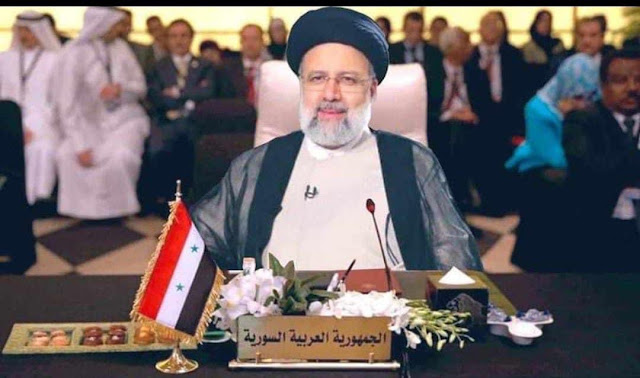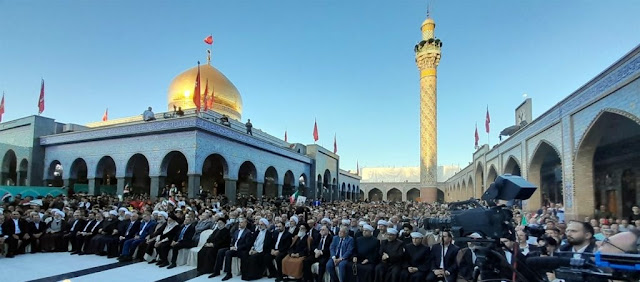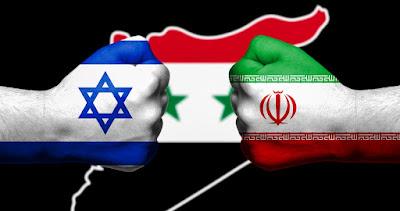Russian-North Korean Mutual Defense Pact and the West's Irrational Misconception

After a wide round over analyses and commentaries by Western experts and scholars as regards the mutual defense pact between Russia and North Korea, I started to get an insight into the underpinning mentality, which lays the foundations of the Western irrationality (and most probably hysteria given the Western support of a Neo-Nazi regime) over Russia and its operation in Ukraine. (I will write about the hysterical West and its abundance of politics for quite hysteria over Russia and its interests and national security in a future post). Most of analysts refer to desperate Putin in his resort to the internationally-isolated regime of North Korea. No one even mentioned or cared about geopolitics, especially in Asian region, which is the playground of the forthcoming world watershed geopolitical war. The war in Europe and the wars in the Middle East are the introductory and preparatory measures for this grand war or at least conflict. Putin, who got a little bit surprised by the str...









